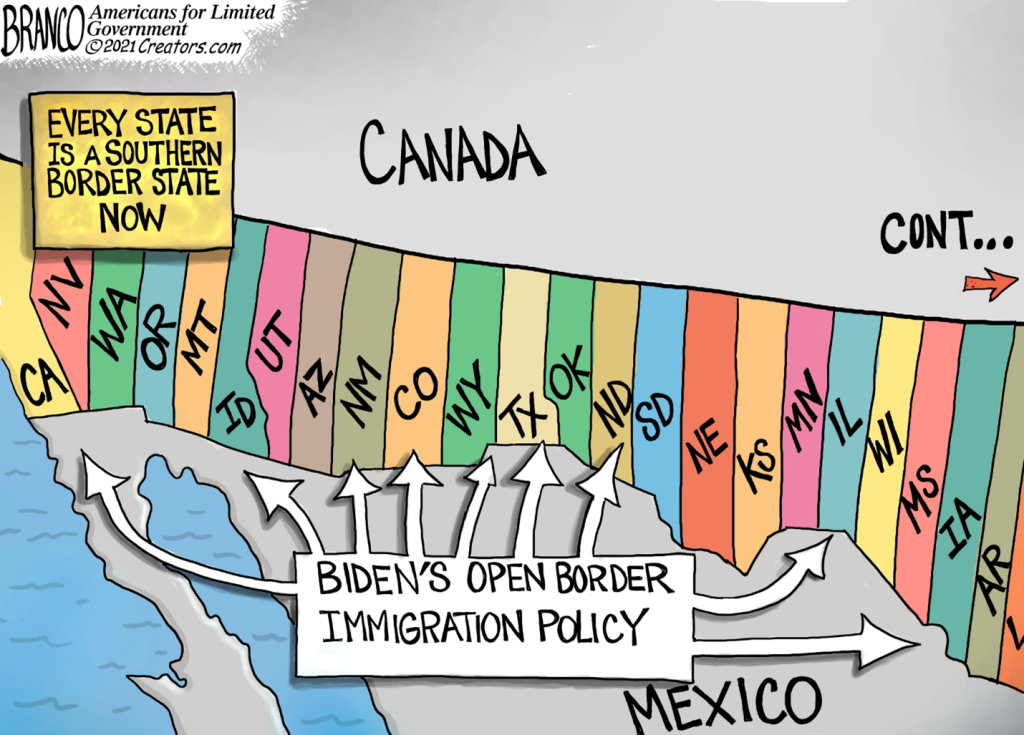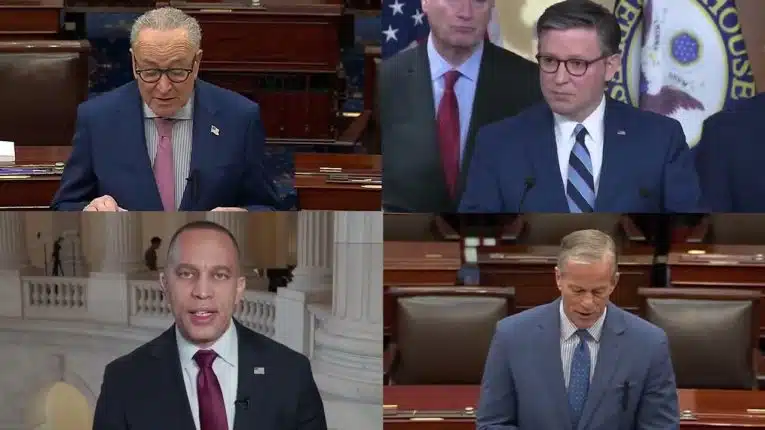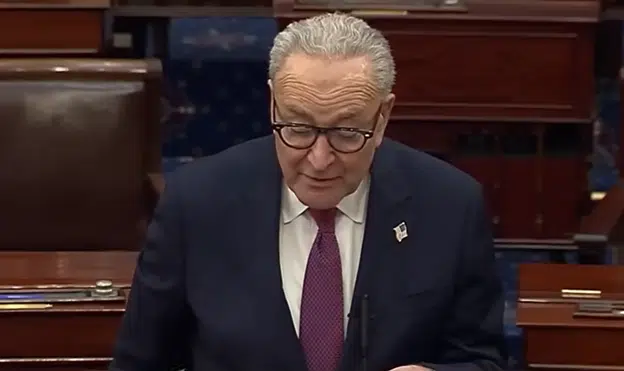
On Sept. 30, the fiscal year will end with more than a $1.5 trillion budget deficit as inflation continues to rip through the U.S. and global economy, leaving Congress with much undone as it relates to appropriations. Not a single appropriations bill has passed both chambers and been delivered to President Joe Biden’s desk.
In fact, only a single appropriations bill has passed, the Military Construction and Veterans Affairs bill, on July 17 in the House by a 219 to 211 vote. The rest are just sitting there, albeit reported from committee.
The Senate for its part has yet to pass a single appropriations bill but that will soon change as Military Construction is the first one up on the floor presently. In July, the Senate Appropriations Committee finished all 12 of the appropriations bills, sending them to the floor for Senate Majority Leader Chuck Schumer (D-N.Y.), who is now proceeding with votes.
In the meantime, there is no agreement among the House and Senate for a temporary continuing resolution while Congress finishes the appropriations process, usually culminating with a year-end omnibus bill.
Instead, Congress needs more time, which means it wants a stopgap, creating an opportunity for enterprising Congressmen to attempt to make a deal in exchange for their support.
One such group of 14 House Republicans is led by U.S. Rep. Chip Roy (R-Texas), who seek to attach border security to any spending bill in exchange for advancing any legislation, likely into the fall, giving Congress time to finish the spending bills, but also posing a challenge to House Speaker Kevin McCarthy (R-Calif.).
The U.S. southern border is a catastrophe by every definition of the word, with hundreds of thousands of migrants displaced in post-Covid structural shifts globally pouring into the U.S. every month. President Joe Biden has been dismantling parts of the border wall that former President Donald Trump had built, and cartel activity is peaking.
More than any other issue, securing the border is what many House Republicans in border states ran on in 2022, eking out a narrow majority despite high inflation and a weak economy. That, and the crime that was coming our way in every major city in America now.
Since President Joe Biden took office in Jan. 2017, there have been about 7 million border crossings documented by the U.S. Customs and Border Patrol, according to data from fiscal years 2022 and 2021, but only 1 million were ever expelled, either under Title 42 or Title 8 inadmissibles, by far the most chaotic border in American history.
President Biden might not want to declare a national emergency, but surely we have one that only House Republicans can help to resolve, by giving federal agencies what they need to fight back against a deluge of millions of migrants flooding over the southern border.
The House Republican proposal includes H.R. 2, the Secure the Border Act of 2023, sans a provision on E-Verify that was excluded, a 7.8 percent cut to non-defense spending and several riders that prohibit catch-and-release, bars parole for illegal immigrants, prohibits the use of funds for transportation of illegal immigrants into the U.S. interior and stops Biden’s dismantling of the border wall.
Holding back non-defense spending can send a strong message to the Senate that a continuing resolution is not for free, that House Republicans are going to fight for their constituents and protect their communities.
The Secure the Border Act would additionally increase the number of Border Patrol agents, require the resumption of the construction of the southern border wall, criminalize visa overstays, enhance CBP access to international crime reporting data and limiting asylum entries.
Often the question with must-pass spending bills is what to fight over between the branches of government. As the world after Covid continues to see profound chaos economically, displacing supply chains, peoples and entire industries, amid wars, poverty and other calamities, the U.S. is being overrun at the border.
With an unbridled border crisis that is spilling into America’s cities, along with more violent crime, now is the time to take a stand on border security. If the U.S. House cannot help protect the boundaries of the country, how can it expect our cities to do the same?
Robert Romano is the Vice President of Public Policy at Americans for Limited Government.






